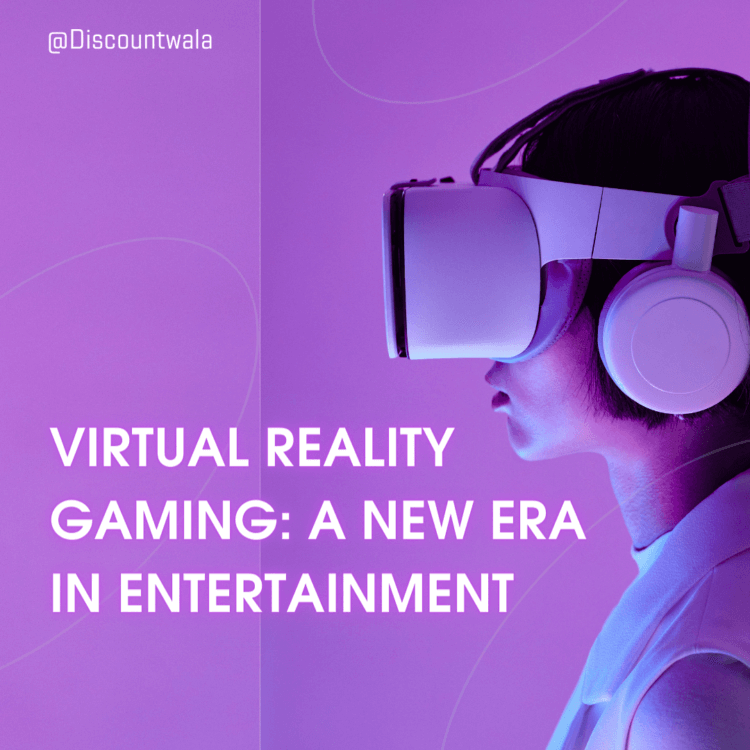Virtual Reality (VR) gaming has ushered in a new era in entertainment, transforming the way we play and experience video games. This technology immerses players in virtual worlds, providing an unparalleled level of engagement and interactivity. Here are some key aspects of how VR gaming is shaping the entertainment landscape:
Immersive Experiences:
VR gaming offers a level of immersion that traditional gaming cannot match. Players are not just observers but active participants in the game world. They can look around, interact with objects, and even use their own movements to control the in-game character or environment.
Realistic Environments:
VR technology delivers highly realistic and visually stunning environments. This realism creates a sense of presence, making players feel like they are truly inside the game world. Whether it’s exploring ancient ruins, piloting a spaceship, or surviving a zombie apocalypse, VR gaming offers a wide range of experiences.
Physical Interaction:
VR gaming often incorporates motion controllers or haptic feedback devices, allowing players to physically interact with the virtual environment. This adds a tactile dimension to gameplay, making actions like grabbing, throwing, or shooting feel more natural and intuitive.
Social and Multiplayer Interaction:
VR has also made strides in social gaming. Players can interact with others in virtual spaces, engaging in multiplayer experiences that bridge geographical distances. This social dimension enhances the gaming experience and fosters a sense of community.
Fitness and Wellness:
Some VR games promote physical activity and fitness. These games encourage players to move, exercise, and even learn new skills while having fun. VR can be a tool for promoting a more active and healthier lifestyle.
Education and Training:
Beyond entertainment, VR has applications in education and training. Simulations and virtual environments are used for medical training, flight simulations, architectural design, and more. VR provides a safe and immersive way to learn and practice real-world skills.
Therapeutic Benefits:
VR is being explored as a therapeutic tool for various conditions, including post-traumatic stress disorder (PTSD), anxiety, and pain management. Immersive experiences can help individuals confront and overcome their fears in a controlled environment.
Artistic Expression:
VR has also opened up new possibilities for artistic expression and storytelling. Artists and creators can design immersive experiences that transport users into their narratives and creations, blurring the line between art and technology.
Challenges and Considerations:
While VR gaming offers exciting opportunities, it also presents challenges such as motion sickness, high hardware costs, and the need for comfortable and safe physical spaces for gameplay. Developers are continually working to address these issues.
Future Developments:
The field of VR gaming is evolving rapidly. Advancements in hardware, such as more affordable and powerful VR headsets, as well as improvements in software and content creation, are driving the growth of VR gaming. Augmented reality (AR) and mixed reality (MR) are also emerging as exciting technologies that blend the virtual and real worlds.
In conclusion, virtual reality gaming represents a significant shift in the entertainment industry, offering immersive and interactive experiences that were once the stuff of science fiction. As technology continues to advance and become more accessible, VR gaming is likely to play an increasingly prominent role in the world of entertainment, offering new dimensions of enjoyment and creativity for gamers and developers alike.










No Comments
Leave Comment